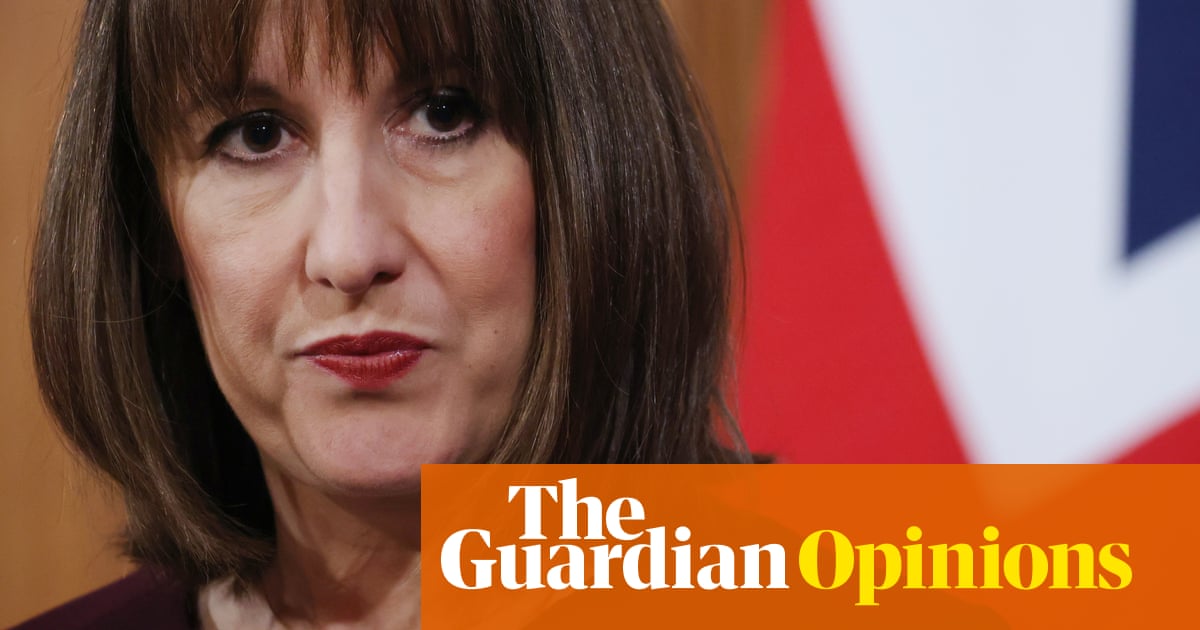The return of spring weather across much of the UK last week brought some rare glimmers of sunshine for the UK’s struggling economy too – including a confidence-boostinginterest rate cut, with hopes of more to come.
And as Keir Starmer hopes to seal a closer trading relationship with the EU,he is urging voters to look “forward, not back”.
Yet even if some consumers start to feel the clouds are parting, it is unlikely to come soon enough to improve voters’ dim view of the government, as displayed in the local elections. That may take a more radical rethink.
The Bank of England’s interest rate decision on Thursday was welcome, though less than wholehearted, with two of the monetary policy committee’s (MPC) nine memberspreferring no change(though another two wanted a bumper half-point cut).
The committee’s more cautious members appear to have been restrained by fears of the dreaded second-round effects. These can translate a short-term inflationary surge, such as the one now coming our way as a result of rising utility bills, into a longer-lasting crisis.
Workers respond to price rises by bidding up their wages, the theory goes. That means higher labour costs for firms, which then pass these on to consumers in the form of higher prices – and so it goes on.
Yet much of the MPC’s narrative last week seemed to cut against this picture of the world. For one thing, a wave of inflation-busting pay rises seems a stretch in the current labour market, which has now been slowing for months. Neither does the chancellor seem likely to sign off on a big increase forpublic sector workers.
Consumers scarred by the savage run-up in bills in 2022 and 2023, may well have high inflation expectations, then, but it seems questionable whether they will be able to translate them into chunky pay rises.
Secondly, while Donald Trump’s tariffs are likely to be painfully inflationary for American consumers, the impact on the UK, the Bank judges, will be modestly slower growth, and weaker inflation.
The latter is because of lower global oil prices, already flowing through to the UK’s petrol pumps; and the likelihood that some cheap Chinese goods previously destined for the US will find their way here.
In other words, while the Bank is nervous about a fresh wave of inflation existence later in the year, there are reasons to think that will not happen.
It may take some months for the fog to clear, but by the summer, the worst fears of the MPC hawks may have lifted, opening the way for the Bank to respond to flatlining growth in the standard way, with a run of quickfire rate cuts – a “dovish pivot”, as analysts OxfordEconomicsput it.
Despite the bleak global backdrop it seems just possible that by the timeRachel Reevesdelivers her second budget, a combination of lower mortgage costs, cheaper petrol and bargain Chinese imports may have helped to lighten the consumer mood.
Meanwhile, investor confidence, another magic ingredient for recovery, may be helped at the margin by theUK-India trade dealannounced last week; and theconclusion of negotiationswith Trump, which resulted in swingeing tariffs on cars and steel being lifted.
Sign up toBusiness Today
Get set for the working day – we'll point you to all the business news and analysis you need every morning
after newsletter promotion
More significant would be the EU“reset”– including, Starmer says, the prospect of aligning with the bloc’s food standards, if that’s what it takes to alleviate the need for cumbersome veterinary checks at the border, for example.
All of this incremental economic progress, some of it achieved through hard yards of negotiation, is well worth having, and suits the Starmer government’s preferred mode of governing: sensible and dogged.
Yet even if it bears fruit, which it should over time, it seems unlikely to dislodge the sense laid down with voters early in Labour’s time in power, that its definition of “economic stability” is “more cuts”.
Some of that critique is unfair. Reeves is right to say her inheritance from the Tories was grim. She increased taxes by a stonking £30bn in last year’s budget, to fund public services, and has flexed the fiscal rules to allow a planned £100bn in additional public investment. Comparisons with George Osborne are clearly wide of the mark.
But the determination to demonstrate Labour’s seriousness – to voters and the markets – has resulted in some deeply unpopular policies, including the welfare reforms that ended up being the centrepiece of herspring statement,and the cut to winter fuel allowance.
Well-sourced reports that thewinter fuel cut could be partially reversed, were ultimately knocked down by Downing Street last week, but the fact the idea was being floated underlines how much pressure Reeves is under.
MPs campaigning in the local elections reported winter fuel and personal independence payments coming up repeatedly as reasons for voters’ disillusionment with Labour, which had promised them “change”.
Even if there is no softening of either of these controversial policies, then, it is hard to imagine the political mood would now allow Reeves to come back in the autumn with deep cuts if, as the gloomy National Institute of Economic and Social Researchsuggested last week, her fiscal plans are way off course.
Ultimately, even if the Bank sweeps in with more growth-boosting rate cuts, it may be Labour’s tax pledges, with which Reeves is so closely associated, that have to give. She and her team face an anxious few months ahead.
